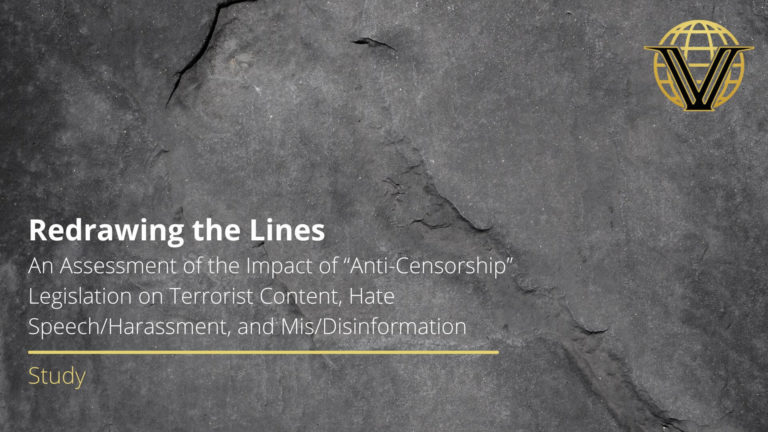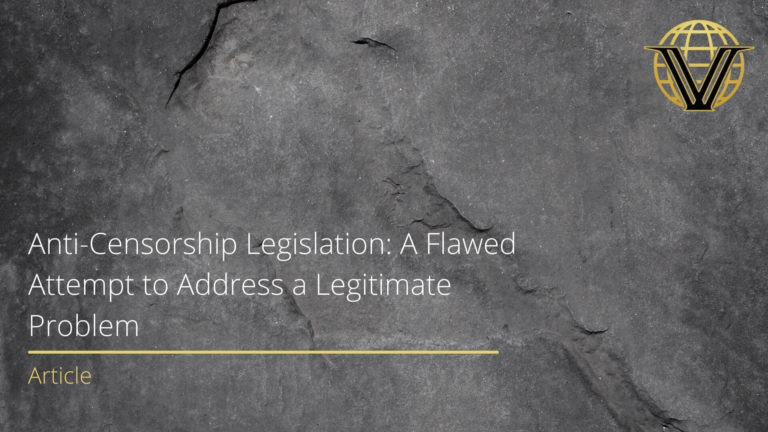Daveed Gartenstein-Ross and Ali Alfoneh
Following a series of macabre murders of the Islamic Republic of Iran’s political opponents abroad in the 1980s and 1990s, observers have long believed that the country abandoned its practice of extraterritorial assassination of Iranian citizens. But incidents in three different European countries, which European officials have been increasingly public in discussing in recent days, suggest a possible reversion on Tehran’s part.
Is the Iranian regime trying to turn the clock back to the bad old days of the 1980s and early 1990s? Assassinations and orchestrated terrorist plots in Denmark, France, and the Netherlands underscore this concern.
In recent days, the incident in Denmark, which drew comparatively little attention at the time, has been publicly discussed by that country’s top officials. Last week, Denmark’s foreign minister even posted a tweet describing it as “totally unacceptable” that Iran had planned an attack there.
The incident occurred in late September, when the Danish Security and Intelligence Service undertook a manhunt that cut off the eastern island of Zealand and the capital Copenhagen from the rest of the country. Danish police said they were looking for a black Swedish-registered car in connection with “serious criminality.” A few days later, it became clear that Danish police expected Iranian agents to imminently assassinate or kidnap an individual known by the pseudonym Yaqoub al-Tostari. Tostari is a spokesman for the separatist Arab Struggle Movement for the Liberation of Ahvaz (ASMLA), and he had publicly defended a September 22 terrorist attack against an Iranian military parade in Ahvaz.
The attack in Ahvaz, which claimed 29 lives and left 70 people injured, was claimed by two different organizations. One was the Ahvaz National Resistance, and the other was the Islamic State (ISIS), which released a video on Sept. 23 allegedly showing three perpetrators on their way to the military parade.
Tostari had said in an interview with Iran International TV in London that the Ahvaz independence movement endorses “armed struggle against the military and legitimate targets, including oil pipelines and facilities, the IRGC and military forces of the Islamic Republic, to the extent that ordinary citizens are not harmed.” Tostari later changed his tune in an interview with Radio Denmark, emphasizing that his organization is the political rather than the military arm of the Ahvaz National Resistance. He saidthat his group was not responsible for the attack, but he did not condemn it.
Danish authorities have arrested a suspect in this alleged plot, who is being held in pre-trial custody until November 8.
A more publicly prominent incident occurred in France, centering on the June 30, 2018 gathering in Paris of the National Council of Resistance of Iran (NCRI), a political front of the resistance Mojahedin-e-Khalq Organization (MKO). The French government has accused Iranian intelligence of plotting to bomb NCRI’s Paris gathering, and a long Wall Street Journal report published on Oct. 31 extensively details European intelligence assessments of this plot.
Authorities arrested the alleged plotters in several European countries. Assadollah Assadi, an Iranian diplomat based in Austria, was arrested in Germany on charges of providing a bomb to two Belgian nationals of Iranian origin. He allegedly met in Luxembourg with a husband and wife known as Amir Sadouni and Nasimeh Noami, and gave the bomb to them there. When Sadouni and Noami were arrested by Belgian police, they reportedly were in possession of half a kilogram of explosives and a detonator. Later, authorities arrested a certain Merhad A. in France on charges of being an accomplice.
Tasnim News Agency, an Iranian news outlet close to the Islamic Revolutionary Guard Corps (IRGC), has since released photos of Sadouni at MKO gatherings, claiming they show that MKO itself staged the Paris plot as an act of provocation. Indeed, Belgium initially granted Sadouni asylum as a member of MKO. But the photos could also be interpreted as evidence of the regime’s use of Sadouni to spy on MKO, a role that European officials conclude he has taken on for Iran in recent years.
A final set of incidents occurred in the Netherlands. The Dutch General Intelligence and Security Service (AIVD) confirmed on July 6 that two Iranian embassy staff had been expelled from the country. AIVD declined to provide further explanation publicly. According to Dutch state broadcaster NOS, the expulsions took place on June 7, a month prior to a spokesperson for Dutch intelligence confirming them. Tehran responded by summoning the Dutch ambassador and condemning the deportation of its diplomats.
More details about this incident emerged in Mashregh News, a state-backed Iranian news outlet close to the IRGC. According to that publication, expulsion of the Iranian diplomats was related to the investigation of two murder cases in the Netherlands that Dutch authorities attributed to Iranian agents. Mashregh News explained that the first case was the Nov. 8, 2017 murder of Ahmad Mola Abou Nahez, also known as Ahmad Nissi, the founder of the ASMLA. Nahez was gunned down by an unidentified assailant in front of his home in The Hague.
Mashregh News reported that the second murder investigation leading to the expulsion of Iran’s diplomats was the Dec. 15, 2015 assassination of Mohammad-Reza Kolahi Samadi in the Almere municipality.
Kolahi Samadi, a former member of MKO, had been on the Islamic Republic’s wanted list since a spectacular bombing of the Islamic Republican Party headquarters in 1981. Seventy-five high-ranking regime officials, including Supreme Court chief Mohammad Beheshti, were killed in the attack.
Paul Vugts, a local crime reporter, explained to the BBC that Kolahi Samadi’s widow had told police that her late husband had confided his hidden past to her in 2000. He confessed that he was responsible for the 1981 bombing. Vugts further told the BBC that Dutch police suspected a common criminal in Kolahi Samadi’s shooting. Vugts said that, though Iran had used Hizballah to assassinate people in the past, his sources think Hizballah “recruited criminals from the Dutch drug scene to carry out this killing.” He explained that Iran did not want its “fingerprint on this assassination.”
In the coming months, the legal proceedings against the individuals arrested for their role in these plots will likely provide more detailed information. But we can already see a set of disturbing developments suggesting that the Islamic Republic may be turning the clock back to the bad old days of assassinating its political opponents in Europe.
If so, Western law enforcement and intelligence services should brace for more.



